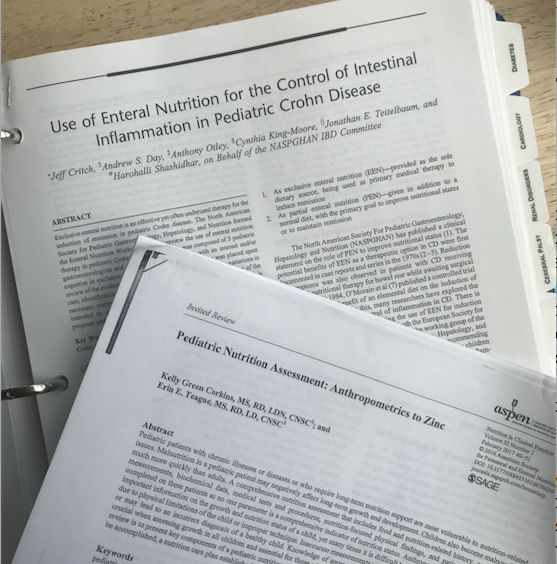Remember to Do your Homework!
- calpolyslodi
- Apr 27, 2018
- 2 min read

In the Cal Poly internship, we are lucky to get a few masters credits that can be transferred if we decide to continue with our graduate degree. We have time spent in a classroom with discussion, learning activities, and assignments to complete. However, the education should not stop there. Often, when we think of “education” we picture books, tests, homework, and all that fun stuff we try so hard to forget about when we graduate. However, through the internship I’ve learned that the dietetic profession requires and expects you to constantly learn, and do your homework.
Much of what you learn about becoming an RDN is outside of the classroom (that’s what the internship is for, duh!). But the knowledge you’re able to exercise and show off in the various rotations comes from the time you spend researching and growing your knowledge on your own time. Doing your own homework helps you stay connected, innovative and can give you a powerful voice within your rotations. Below are a couple of ways to get your homework done:
1. Read scholarly journals
I get it, sometimes articles can be overwhelming and have language you might not understand yet. Take it piece by piece and write questions down as you go; keep Google up to plug words in the search engine. Google Scholar, ASPEN, and PubMed are good resources to begin with. Insert a question to a topic that is of interest to you, or one you would like to know more about. Scientific evidence is essential to the recommendations we make as well as providing credibility to our profession.
2. Listen to podcasts

Learn from other like-minded professionals in the industry! Podcasts are great if you’re a busy individual- they can be listened to in the car, during work, or even while exercising. Some great ones include ‘Dietitians Unplugged’ and ‘Nutrition Matters’. Podcasts are also updated regularly; therefore, they will be current on research and trends. I also listen to podcasts that aren’t done by “professionals” and are more “trendy” to the common listener. I encourage you to do this as well so you’re able to see the full picture and will know what false information is out there as well.
3. Follow government initiatives that impact the food industry
Public policy influences the dietetics profession significantly. Being involved in advocacy by signing action alerts, writing letters to congress, attending your state's public policy workshop through the Academy, and staying up to date on what’s happening in the news through various outlets is our responsibility. This involvement gives you the ability to represent your interests in legislative and regulatory issues and share your knowledge as a food and nutrition professional.
Now, you don’t need to know EVERYTHING (I know all you type-A people out there were starting to panic). There is nothing wrong with saying “I’m not sure, but I can get back to you on that.” My main point is that you need to stay relevant. The world of nutrition is evolving every day; clients, patients, doctors, and colleagues will ask you about new emerging nutrition inititiaves constanty. However, if you do your homework, you will share and impress them with the information you know even before they ask.








Comments